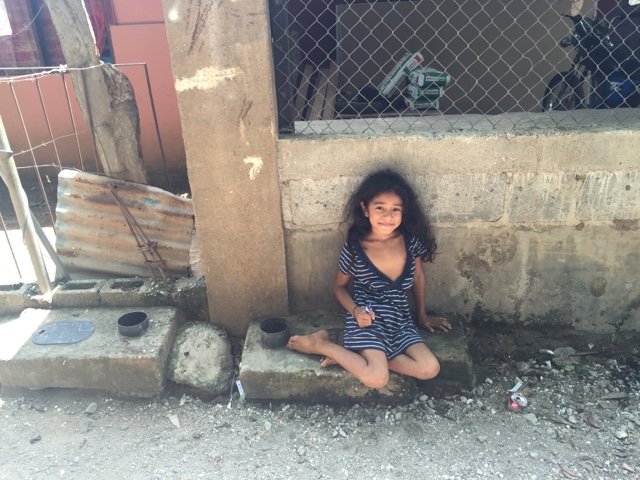Costa Rica News – While Costa Rica has enjoyed a stable and growing economy in recent years and was ranked as 2016’s happiest country, improvement and growth have failed to reach some of the country’s poorest communities leading to an increase in income inequality.
 In 2016, the income of the richest 20 percent of Costa Ricans was 19 times higher than those in the lowest 20 percent, according to the United Nations Development Program’s Human Development report.
In 2016, the income of the richest 20 percent of Costa Ricans was 19 times higher than those in the lowest 20 percent, according to the United Nations Development Program’s Human Development report.
Recent efforts to cut the poverty rate in the country seems to have worked, according to the World Bank, with rates lying a little under 2 percent after being as high as 11 percent in the 1990s.
While other countries in Latin America have also managed to cut down poverty and inequality over the same period, Costa Rica’s inequality rate has actually increased since 2000. There is also concern that the widening income inequality in Costa Rica is affecting Indigenous and minority groups disproportionately.
Much of Costa Rica’s economy has been based on international tourism and exporting which was seen to benefit qualified workers in these sectors much more than unskilled workers in smaller sectors. While qualified workers were seen to have faster-rising salaries, unskilled workers which are over-represented by indigenous and minority groups, were seen to lag behind.
Costa Rica has been able to improve its overall education levels and overall rates of illiteracy have dropped, but some sectors of the country continue to be left behind.
The UNDP reported that those of African descent were still below the national average of school time. The national average illiteracy rate in the country was just over 2 percent, but in the country’s Indigenous regions more than 10 percent of the population was illiterate.
In a press release, the UNDP explained that around the world the progress of minority and marginalized groups is often hindered by the unequal access to political participation.
“Marginalized groups often have limited opportunities to influence the institutions and policies that determine their lives. Changing this is central to breaking the vicious circle of exclusion and deprivation,” a UNDP press statement said.
From Telesurtv.com
